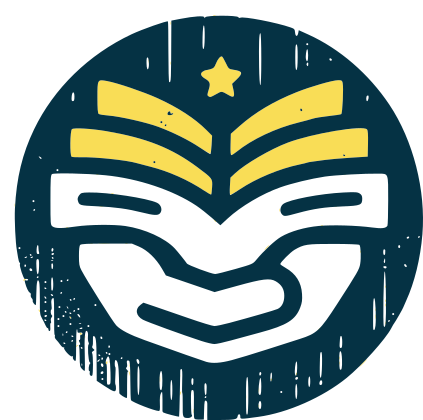Interactive Catalogue
See this page in:
Go Back

International Female Leaders and Their Way to the Top (USA, Sweden and the Netherlands)

Literature Item
Author Information:
Name: Giulia De Anna, Ellen Schmid, Patricia Kraft
Email: info@munich-business-school.de
Website: None
Abstract:
Together with Mission Female, the Authors identified three countries as the object of investigation for the central study question “What are barriers and success factors for female leaders?”: the USA, Sweden and the Netherlands. The reason for this selection is that in all three countries, different historical, structural, organizational and societal conditions prevail with regard to, for example, the percentage of women in board positions or the existence of quotas and support services, and thus different success factors and barriers could also be assumed. Twelve qualitative interviews were conducted with female executives from various industries in the countries mentioned. All executives were in upper-management positions and had an average of 25 years of professional experience. Responses from the open question setting were categorized in terms of four different factors that, according to prior research, can represent both barriers and success factors: individual, interpersonal, organizational, and societal. The results of the study are the following: despite the diversity of the countries selected, the study was able to show that success factors and barriers are perceived identically in all three countries. Interpersonal and individual factors such as the existence of business networks, mentors and self-confidence are identified as success factors across all countries, while social and organizational factors play only a subordinate role. With regard to barriers, however, the picture is exactly the opposite: here, organizational and social factors, i.e. prejudices, stereotypes and quotas, are perceived as the greatest – mostly invisible – hurdles.
Keywords:
women empowerment, success factors, barriers, policy actions
Dates:
Dec. 3, 2021 - None
Source Specificity:
None, None, None
Website:
https://www.munich-business-school.de/insights/en/2021/
Power Domains:
Economic
Methods Tools:
Competence development, Awareness-raising, Benchmarking
Country:
NL
City:
None
Implementation Scale:
international
Language:
English
Other Links:
https://www.missionfemale.com/res/Beyond_Borders_Study_MissionFemale_MBS.pdf
Share this item:
